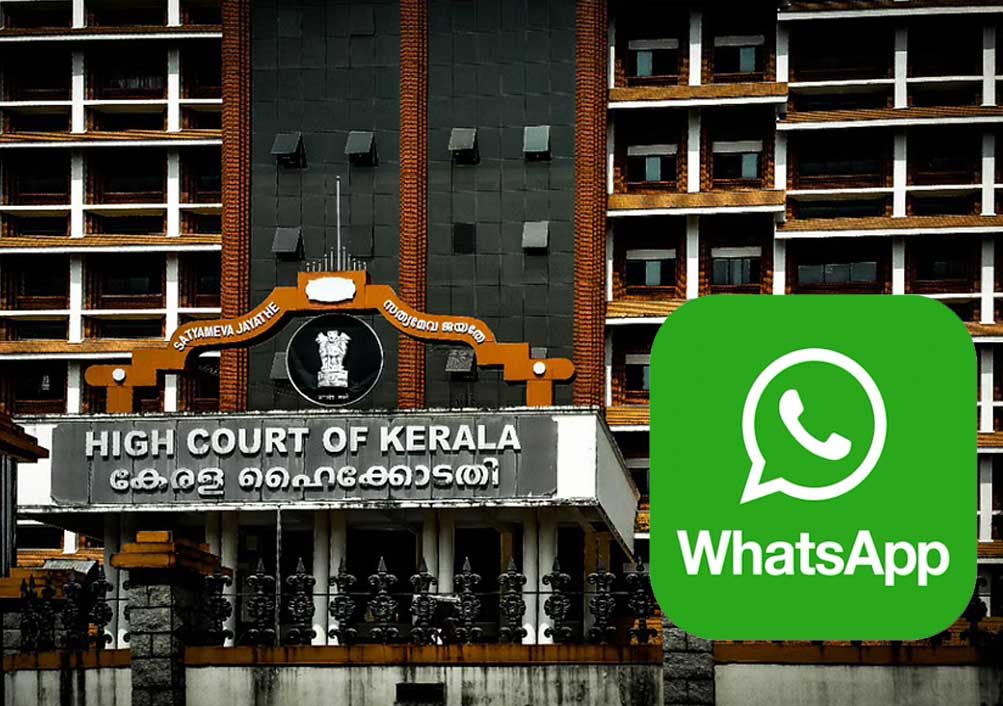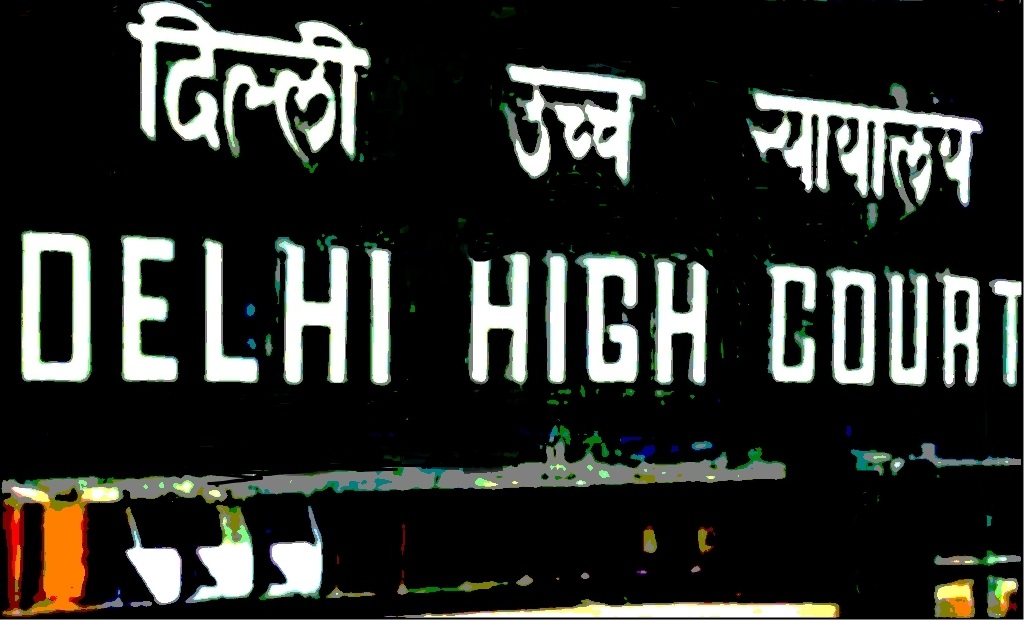Admin or Creator of WhatsApp group, merely acting in that capacity, cannot be vicariously held liable for any objectionable content posted by group member: Kerala HC

Read Order: Manual vs. State of Kerala & Ors.
Pankaj Bajpai
Ernakulam, February 24, 2022: While noting that provisions of Sections 13, 14 or 15 of the POCSO Act, 2012 does not get attracted when the prosecution has no case that the accused had used any media invoving children for his sexual gratification or used them for pornographic purpose or stored, for commercial purpose, any child pornographic material, the Kerala High Court has held that in absence of a special penal law creating vicarious liability, an Admin of a WhatsApp group cannot be held liable for the objectionable post by a group member.
The Single Judge Dr. Justice Kauser Edappagath observed that there is nothing on record to suggest that Manual (Petitioner – accused) has published or transmitted or caused to be published or transmitted in any electronic form the alleged obscene material or he browsed or downloaded the said material or, in any way, facilitated abusing children online so as to attract Sections 67B (a), (b) or (d) of the IT Act, 2000.
Going by the background of the case, petitioner created a WhatsApp group by name FRIENDS. Being the creator, he was the Admin. There were two more Admins; the accused No.1 and CW4. In 2020, the first accused posted in the group a porn video depicting children engaged in sexually explicit act. Resultantly, the Ernakulam City police registered crime against the first accused for the offences u/s 67B (a)(b) and (d) of the Information Technology Act, 2000 (IT Act) and Sections 13, 14 and 15 of the Protection of Children from Sexual Offence Act, 2012 (POCSO Act). Later on, the petitioner was arrayed as the second accused being the Creator of the group and Co-Administrator. Hence, present petition invoking Section 482 of CrPC to quash all proceedings against the petitioner.
After considering the submissions, Justice Edappagath noted that the Admin of a WhatsApp group does not have physical or any control otherwise over what a member of a group is posting thereon, as he cannot censor messages in a group.
Thus, Creator or Administrator of a WhatsApp group, merely acting in that capacity, cannot be vicariously held liable for any objectionable content posted by a member of the group, added the Single Judge.
The High Court observed that there is no law by which an Admin of any messaging service can be held liable for a post made by a member in the group, as a WhatsApp Admin cannot be an intermediary under the IT Act and he does not receive or transmit any record or provide any service with respect to such record.
There is no master-servant or a principal-agent relationship between the Admin of a WhatsApp group and its members, and it goes against basic principles of criminal law to hold an Admin liable for a post published by someone else in the group, added the Court.
Justice Edappagath highlighted that it is the basic principle of criminal jurisprudence that mens rea must be an ingredient of an offence and both the act and intent must concur to constitute a crime.
“Admittedly the objectionable post in question was posted by first accused and the petitioner was arrayed as the co-accused merely in his capacity as the Creator/Administrator of the group… There are no specific allegations as to how and on what basis the petitioner has committed the alleged offences. CWs 2 to 8, who were members of the group, in their statement to the police, did not say anything against the petitioner. According to them, they were added in the group by the accused No.1. They specifically stated that the post in question was posted by the accused No.1. They did not attribute anything against the petitioner with regard to the said post. None of the case diary witnesses has any case that there was a pre–arranged plan by the accused No.1 and the petitioner and they acted in concert pursuant to such plan”, added the Single Judge.
Accordingly, the High Court quashed the entire proceedings pending at the Additional Sessions (Cases Relating to Atrocities and Sexual Violence Against Women and Children) Court, Ernakulam as against the petitioner.
Sign up for our weekly newsletter to stay up to date on our product, events featured blog, special offer and all of the exciting things that take place here at Legitquest.




Add a Comment